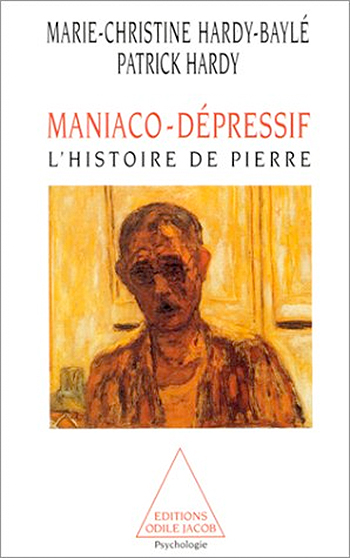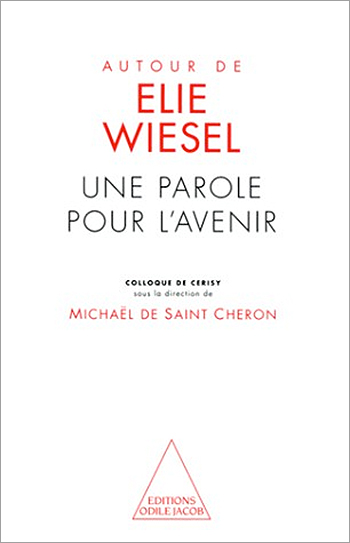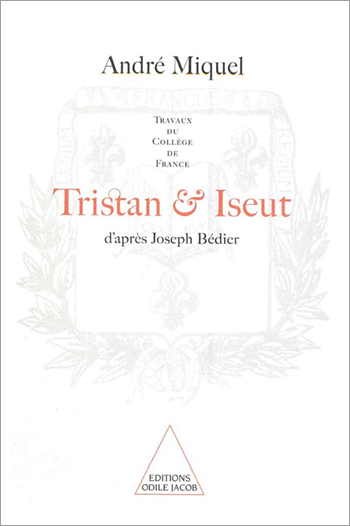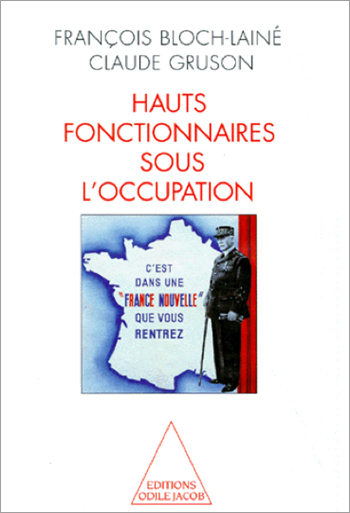Catalog All books

Stanislas Dehaene
A Good Head for Maths
Did you know that babies can count? And did you know that some animals can do simple arithmetic? Whether we possess astounding mathematical talents or the most basic of counting skills, we are all born with numerical intuition. In this book, the author describes some amazing scientific experiments that demonstrate the mental foundations of numerical intuition. If you want to know why you cant remember how much 7 x 8 makes, or how a cerebral lesion can make you forget 3 - 1, or if you want to figure out the fifth root of 759,375, just follow the author in a series of tortuous mental calculations and you dont even have to be a mathematical wizard. Stanislas Dehaene is a senior research fellow at Inserm and works at the Laboratory of cognitive sciences and of psycholinguistics at the École des Hautes Études en Sciences Sociales.
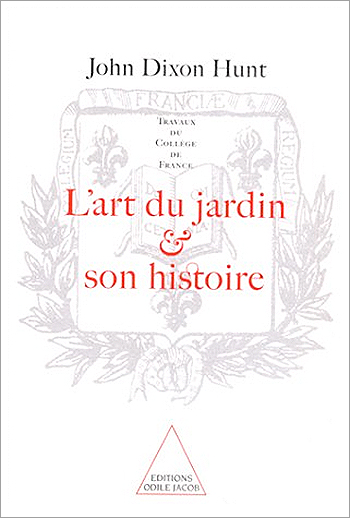
John Dixon Hunt
The Art of the Garden and its History (Product of the Collège de France)
What can a garden reveal about ourselves and our culture ?

Bill Clinton
Between Hope and History Meeting America's Challenges for the 21st Century
For many people, America remains a model. A model of an economy in full growth, a model of a society which has created millions of jobs, a model of a nation reuniting men and women from the most diverse origins. Today, like before, America demonstrates her amazing capacity to adapt and to bounce right back. For the first time in print, the President of the United States expounds his personal vision of the American dream, a dream which he intends, from this moment forward, to transform into reality. A political document, but also offering many subjects, from education to budgetary concerns, for general reflection.

